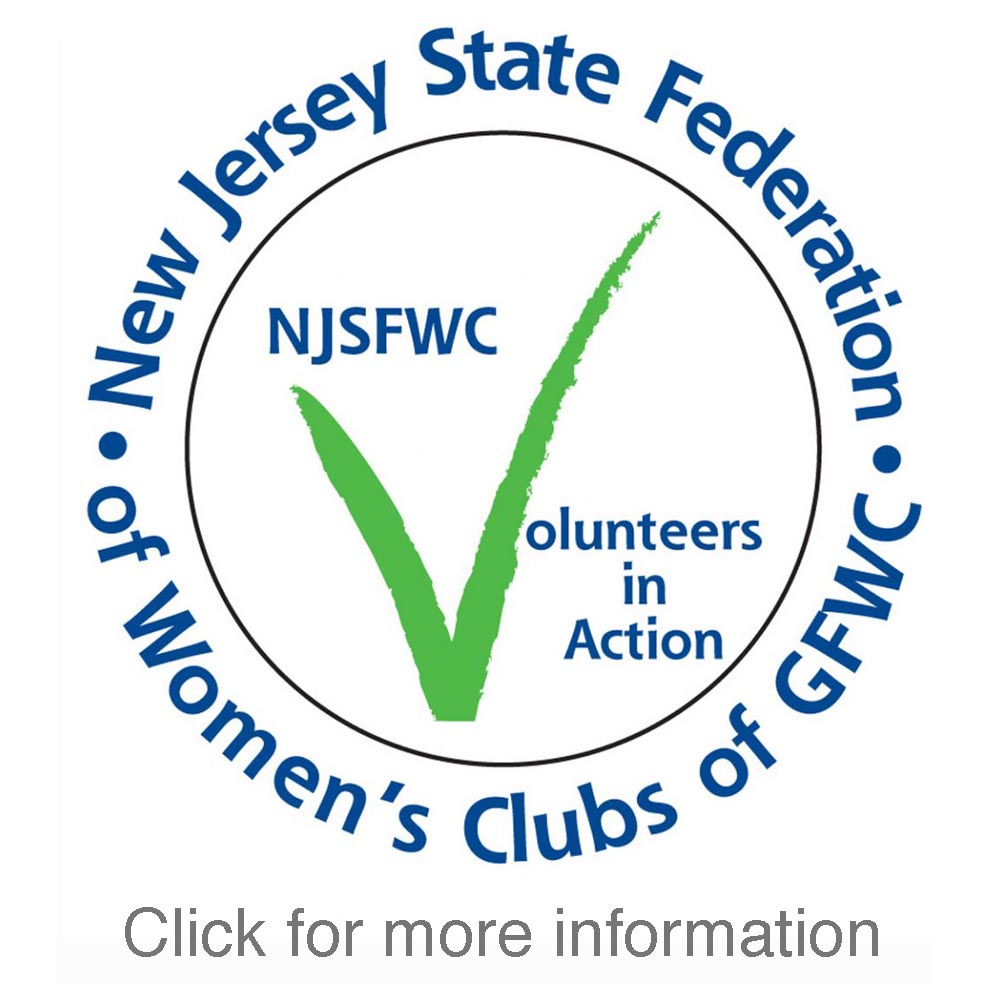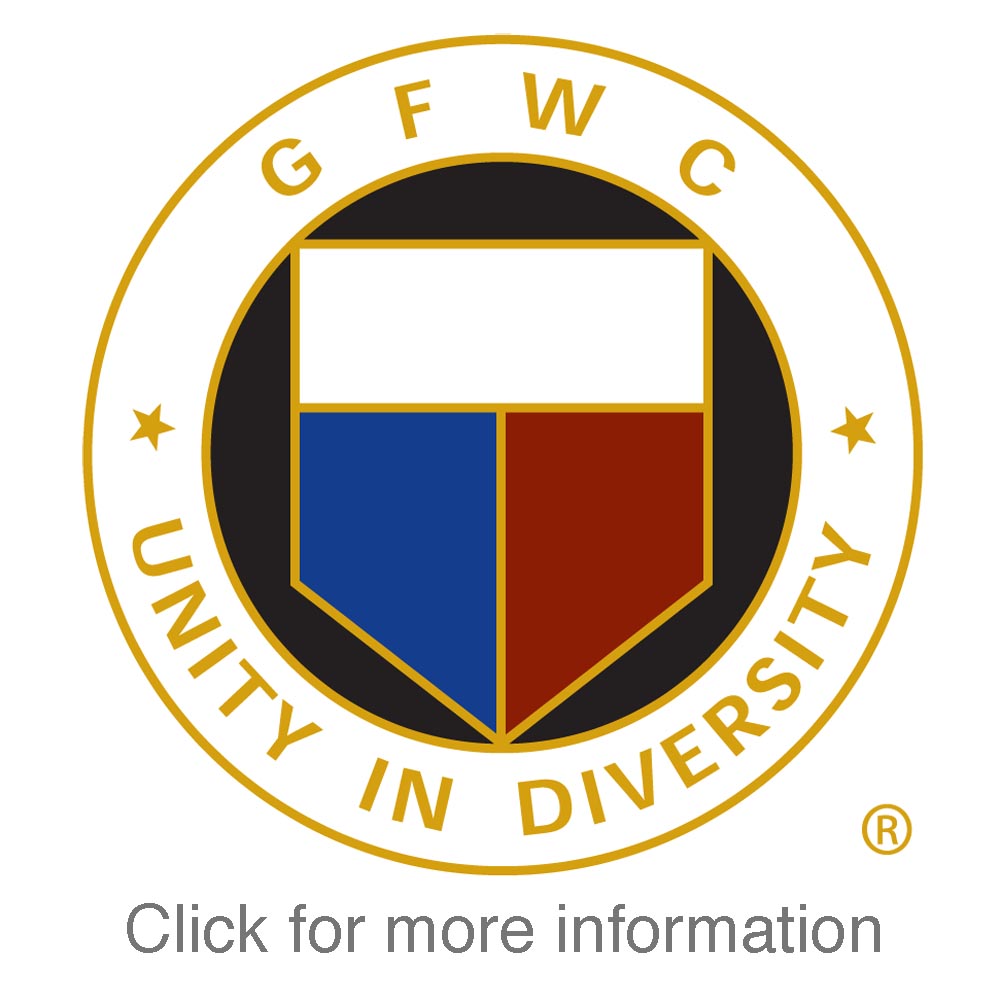
The Club is guided by two major federations.
NJSFWC and GFWC provide a framework for the Club’s activities.
New Jersey State Federation of Women’s Clubs
General Federation of Women’s Clubs
Woman’s Club of Ramsey belongs to the Ramapo District of the New Jersey State Federation of Women’s Clubs, a member of GFWC. With 165 clubs and 6,000 members in eight districts across the state, NJSFWC is the largest volunteer women’s service organization in New Jersey.
In 1918, NJSFWC founded the New Jersey College for Women, now Douglass Residential College at Rutgers University. Through scholarships to Douglass students, the Federation continues to support its strong tradition of training tomorrow’s women leaders.
NJSFWC works to enhance the quality of life in local communities and statewide by transforming public interests and concerns into meaningful projects and programs. During its history, NJSFWC’s efforts led to the formation of the Palisades Interstate Park Commission, the establishment of many public libraries, and the passage of the Highlands Water Protection and Planning Act. Every two years the Federation defines a special project and coordinates statewide support for it.
NJSFWC affords every club member an opportunity to develop her individual skills, talents and abilities while supporting her local New Jersey community. Working with local clubs, NJSFWC provides opportunities for education, leadership training, and community service, enabling club members to make a difference in the lives of others.
NJSFWC Leaders
Barbara McCloskey, President
Susan Chambers, President-Elect
Chris Sienkelewski, First Vice President
June Witty, Ramapo Vice President
Patricia Notarianni, Executive Director
NJSFWC Headquarters
55 Labor Center Way New Brunswick, NJ 08901
Phone: 732-249-5474
The General Federation of Women’s Clubs is
an international women’s organization dedicated to community improvement and enhancing the lives of others through volunteer service.
With more than 60,000 members in every state and 14 countries, GFWC members support the arts, preserve natural resources, advance education, promote healthy lifestyles, encourage civic involvement, and work toward world peace and understanding. Its programs are enhanced through alliances with affiliate organizations such as St. Jude’s Children’s Hospital, March of Dimes, Operation Smile, Hope for Justice and UNICEF.
GFWC’s roots go back to 1868 when Jane Cunningham Croly, a journalist, was denied admittance to a dinner for novelist Charles Dickens at an all-male press club. In response, she formed a woman’s club and named it Sorosis. To celebrate her club’s 21st anniversary in 1889, Jane Croly invited women’s clubs throughout the United States to join forces at a convention in New York City. On April 24, 1890, 63 clubs officially founded the General Federation of Women’s Clubs.
GFWC clubs and clubwomen are the heart of the Federation and the communities in which they live and work. They improve lives each day, not simply with monetary donations, but with a grassroots approach to hands-on projects that have immediate impact.
Since its formation 135 years ago, GFWC has grown internationally to 2,300 clubs, and its commitment to serving as a force for good has been felt in communities across the United States and around the world.
GFWC Leaders
Suellen Brazil, President
Wendy Carriker, President-Elect
Jolie Frankfurth, First Vice President
Mary Beth Williams, Second Vice President
GFWC Headquarters
1734 N Street NW Washington, DC 20036-2990
Toll-free: 1-800-443-GFWC (4392)
Phone: 202-347-3168

